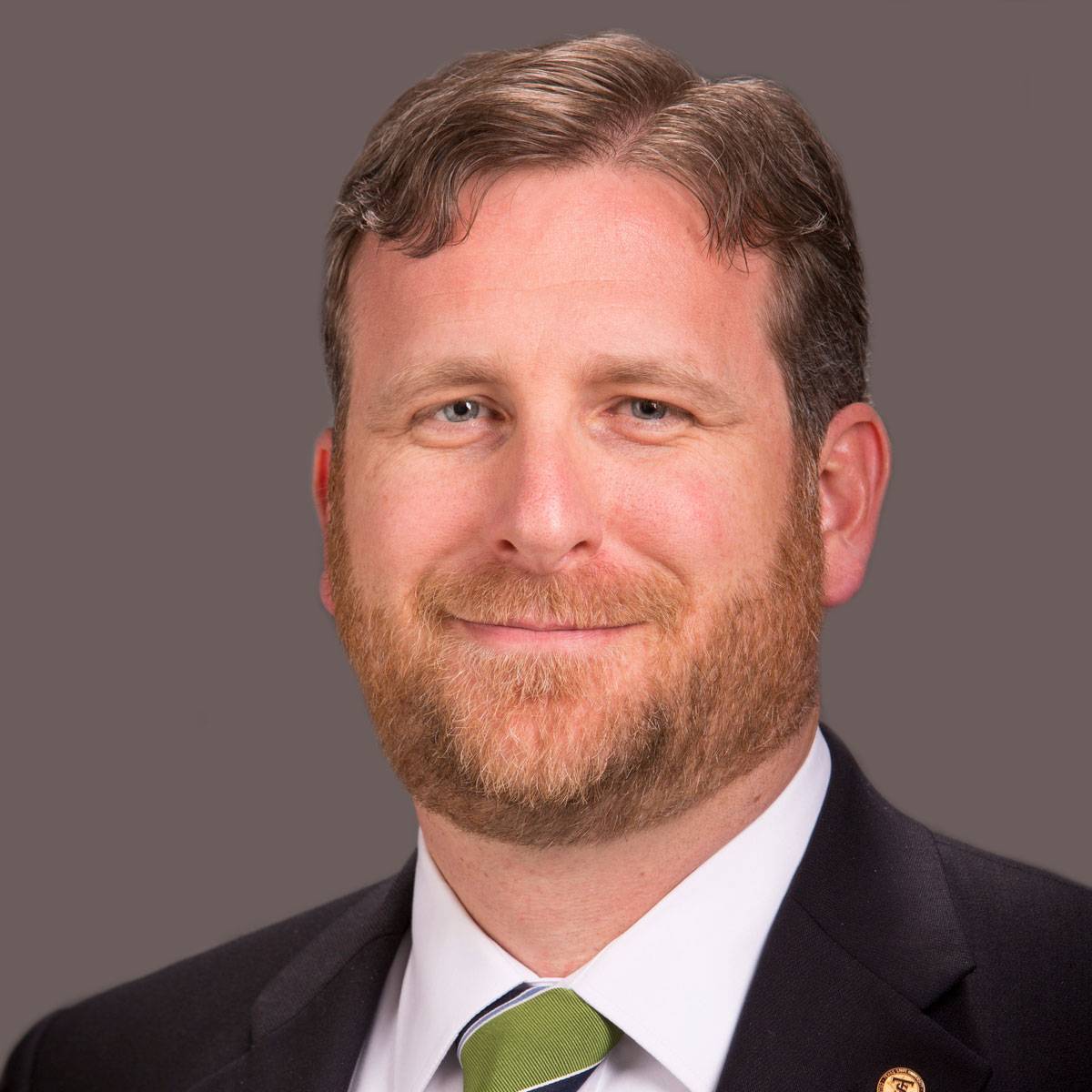Healthcare administration students volunteer to aid nonprofits during pandemic
Julie Cooper | April 17, 2020

Dr. Cristian Lieneck, associate professor in the Texas State University College of Health Professions, created an extra credit project for his healthcare financial accounting students that they can do without leaving home. He asked students to volunteer to help others during the COVID-19 pandemic by contacting organizations that help elderly people across the U.S.
The health administration undergraduates are tasked with putting “neighbors helping neighbors” groups together with the National Volunteer Caregiving Network (NVCN). The nonprofit NVCN helps programs and organizations “create independent living through the advocacy, support and development of local volunteer caregiving programs.”
Lieneck has worked with the NVCN for about five years and it is part of the curriculum for graduate classes. He explains that NVCN follows the newest protocols tied to the pandemic which apply to working with elderly people – everything from opening car doors during ride shares, to handling money and delivering food and groceries. When the pandemic began, Lieneck called Tammy Glenn, NVCN executive director, to ask how students could help.
About 40 students from healthcare accounting courses are participating in the project. Lieneck says each student will contact 10 to 20 organizations and share information on best practices for serving elderly people in the pandemic, plus NVCN’s free membership drive through Aug. 17.
“We have a list of hundreds of organizations who are not aware of the best practices related to the pandemic,” Lieneck says. Many of these organizations are small, faith-based groups.”
Students are encouraging caregivers to utilize the NVGN online toolkit for programs to meet expanding community needs for additional shopping, transportation and reassurance call, plus templates for streamlining organizational efforts, and a network of program directors nationwide to collaborate and discuss challenges.
The students are working toward a bachelor of healthcare administration degree or the bachelor of science in health sciences, which was introduced in 2019.
“I offered my students the opportunity. I know they wanted to help,” Lieneck says. “If everybody did something, we could really help all of these healthcare workers who are at the hospital taking care of everyone else.”
Share this article
For more information, contact University Communications:Jayme Blaschke, 512-245-2555 Sandy Pantlik, 512-245-2922 |